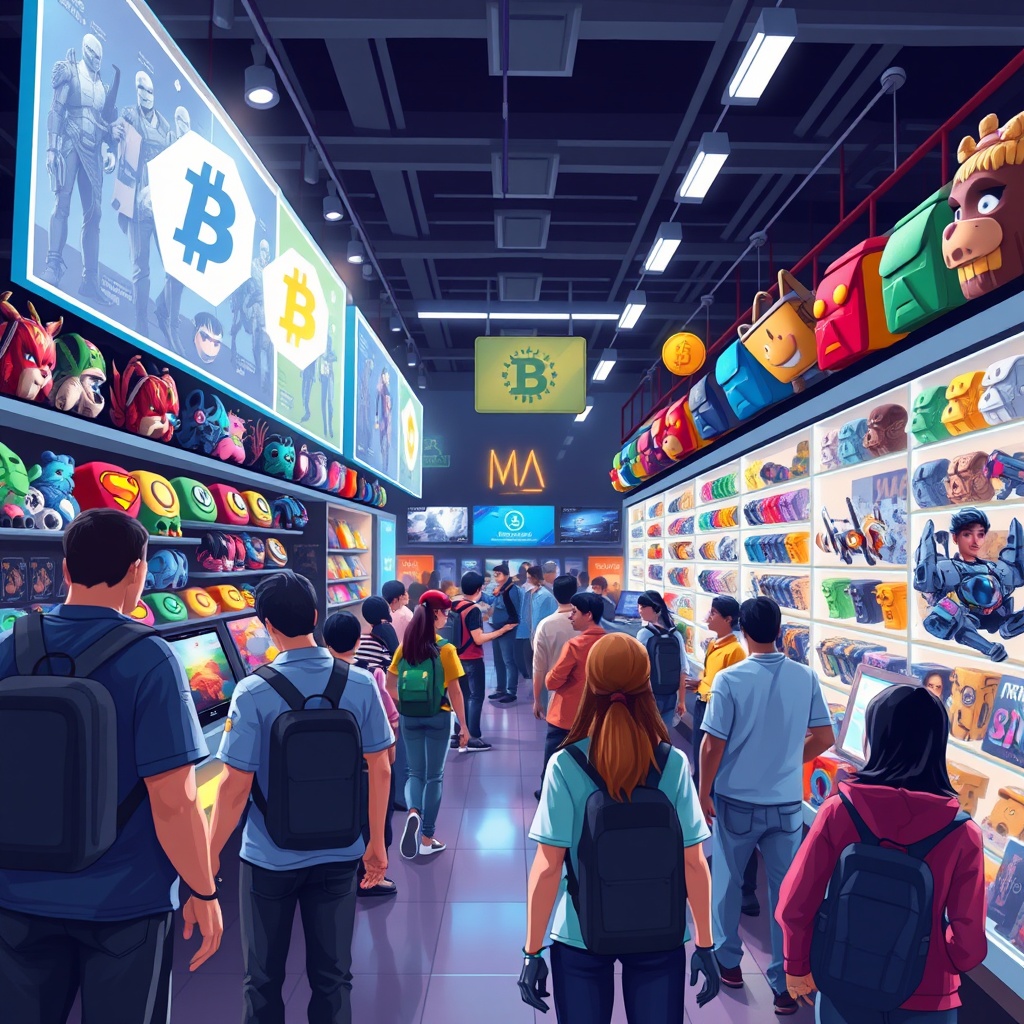The digital landscape has evolved rapidly, leading to the rise of virtual item marketplaces where users buy, sell, and trade digital assets ranging from in-game items to virtual real estate. However, this booming market has been shadowed by fraudulent activities that undermine user trust and disrupt economic transactions. Enter blockchain technology—an innovative solution that is redefining the marketplace by enhancing security and transparency.
How Blockchain Ensures Authenticity

At the heart of blockchain technology lies its core principle: decentralization. This characteristic serves as a powerful deterrent against fraud. Each transaction recorded on a blockchain is immutable, meaning it cannot be altered or deleted without consensus from the network. This feature significantly reduces the chances of duplicating or misrepresenting virtual items.
Moreover, blockchain allows for the creation of unique digital tokens, often referred to as Non-Fungible Tokens (NFTs). These tokens verify ownership and authenticity, ensuring that buyers are purchasing genuine items rather than counterfeit products. The traceability provided by blockchain technology creates a reliable history of ownership, allowing users to verify the legitimacy of an item before making a purchase.
Empowering Users through Decentralization

The traditional model of virtual item marketplaces often relies on centralized platforms, which can be prone to security breaches and fraudulent activities. Blockchain disrupts this paradigm by enabling peer-to-peer transactions without the need for intermediaries. This not only promotes a fairer marketplace but also empowers users to engage in transactions with greater confidence.
By leveraging smart contracts—self-executing contracts with the terms of the agreement directly written into code—users can automate transactions and ensure that they are executed as agreed upon. This mitigates the risk of disputes and enhances the overall user experience in virtual item marketplaces.
Key Benefits of Blockchain in Virtual Item Marketplaces
To better understand the advantages of integrating blockchain technology into virtual item marketplaces, consider the following list of key benefits:
- Increased Security: With enhanced encryption and decentralized storage, blockchain minimizes the risk of data breaches.
- Transparency: Every transaction is recorded on a public ledger, allowing users to verify the authenticity of items.
- Reduced Costs: Eliminating intermediaries can lower transaction fees, making it economically viable for users.
- Enhanced User Trust: Transparency and authenticity foster a trustworthy environment, encouraging more users to participate.
As virtual item marketplaces continue to grow, the integration of blockchain technology stands out as a revolutionary step towards combating fraud. By enhancing security, transparency, and user trust, blockchain is not only reshaping how digital assets are valued and traded but is also paving the way for a more reliable virtual economy.





